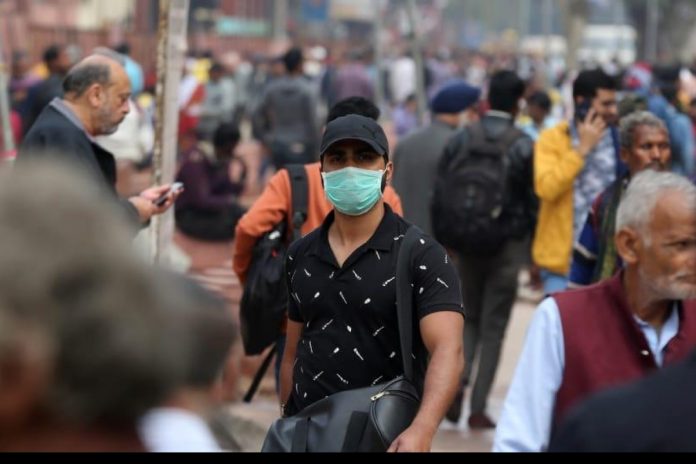Access and travel bans come into effect on Monday in Morocco, after several daily records of new infections.
The Moroccan authorities have decided to ban travel to and from eight major cities in the country from Monday 27 July; following a sharp rise in the number of cases of infection with the new coronavirus in recent days.
This decision, announced on Sunday, comes just a few days before Eid Al-Adha, a holiday traditionally marked by family gatherings. It comes into force on Monday until further notice, according to a joint statement by the interior and health ministries.
The travel ban was taken “because of the considerable increase in cases of contamination” and “in view of the failure of the majority of citizens to comply with preventive measures; social distancing, wearing masks,” according to the text. It concerns eight cities; including the economic capital Casablanca (west), the tourist capital Marrakech (south), Tangier (north), the second economic hub of the kingdom, and Fez (center).
“Release of certain individuals”
Morocco had announced a week ago a new easing of containment measures, but the last few days have been marked by contamination records; 811 on Saturday and 633 on Sunday. The total number of officially registered cases in the country is 20,278; including 313 deaths due to Covid-19 disease for a population of 36 million people.
Morocco has allowed since June the opening of cafés, restaurants, and shops as well as domestic tourism; but the state of health emergency has been extended until 10 August.
On Saturday, Health Minister Khalid Ait Taleb called for; “avoiding unnecessary visits and physical contact and ensuring that preventive measures are respected during family gatherings” during Eid Al-Adha; the Muslim festival of sacrifice scheduled for July 31 this year.
The interior ministry noted a “laxity on the part of some individuals” in wearing the mandatory mask in Morocco, saying in a statement that the authorities “will not hesitate to apply the sanctions provided for by law. Penalties range up to three months in prison and a fine of up to 1,300 dirhams (115 euros).
Source: Le Monde Afrique

